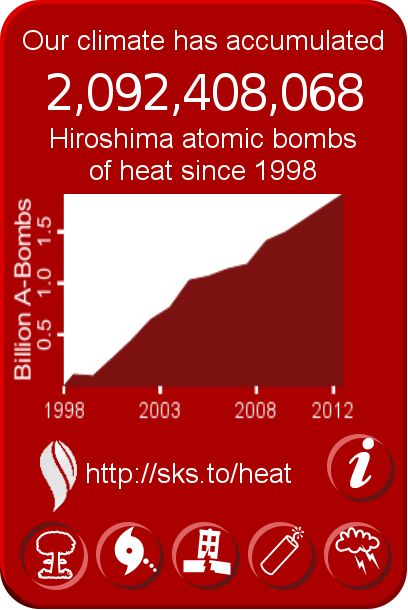WildRose wrote:Well, from the article you provided, spiritof1976:
"Biochar is different from the dry charcoal that you'd burn in a grill: It is produced by heating plant waste to 400 to 500 degrees C in the absence of oxygen—a process known as low-temperature pyrolysis—which makes a substance that has a greater number of smaller pores than charcoal. (The better to trap carbon dioxide with.) The process used to make biochar is a closed, sustainable one: Biomass is fed into the oxygen-free burners and turned into the char. The gases that are released during the reaction is then captured and converted into electricity (from combustible gases) or biofuel, while the remaining char is safe to throw directly into the soil. Biochar does the rest of the work underground. The substance improves the ground's composition and fertility by locking in water and nutrients, thereby reducing the need for fertilizers while boosting crop yields. It also stores the carbon from the plant materials that made it— around 50 percent of the carbon produced from converting biomass into biochar can be trapped—and traps even more carbon from decomposing plants in the soil."
It sounds like each step in the process of making biochar (which I only learned about just now, thanks!) is efficient. No oxygen used in burning means less C02 produced, correct? The gases released during the process are used, and the rest of the char then goes into the soil, where it helps hold water and nutrients. Then it works toward carbon sequestration, as it has a "greater number of smaller pores" than charcoal.
Sounds pretty good to me, but I'm no scientist. I suppose the process where the gases are converted to electricity could be a little expensive, but Tanada or someone with expertise in this area could give an opinion about this.
Not an expert on Biochar but I read everything on it I can find. When you pyrolize the organic material to convert it into char you can capture the gasses and use them to run a slightly modified gas turbine electric powerplant. Most of those in the USA currently burn Natural Gas with distillate fuel as a substitute on site in case of pipeline supply interruptions. By placing a biochar manufatory at a GT electric powerplant and adding the appropriate fuel gas injector you can directly use the gas released by pyrolisys as fuel for the production of electricity.
My biggest hope for biochar isn't the carbon sequestration, it is the increasing of the soil organic content (SOC) which is what makes topsoil dark colored in the first place. Tests done on different soils with low organic content all show improvement from the addition of biochar. The biggest hurdle we have in keeping people from starving once Peak Oil really starts biting us is going to be maintaining sustainible agriculture and biochar has the reputation for turning sand and clay into loamy and fertile topsoil. I am hoping that this turns out to be a real phenomenom and not just another pipe dream. If it works as claimed then keeping people from either starving to death or wiping out the last of the worlds Jungles in slash and burn agriculture can be accomplished.













 )
)